#archaeology student
Text

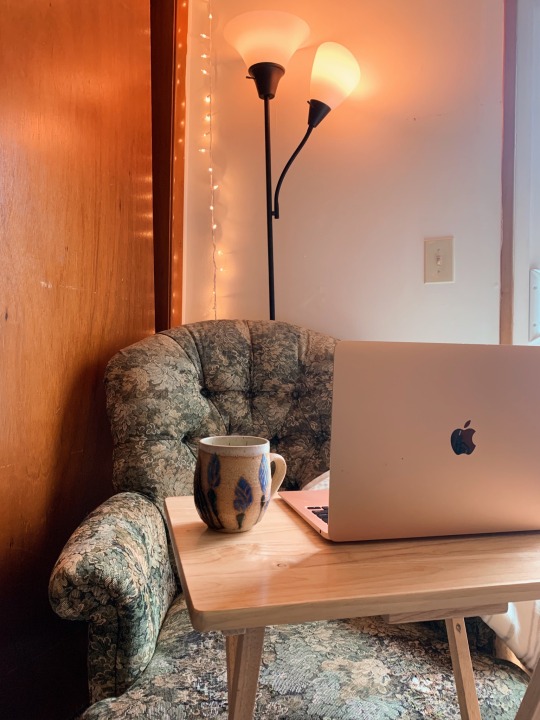


11.16.2022
pictured: sipping matcha, studying, and snuggling with my fuzzy friend
#studyblr#study#studyspo#studyblr community#studyspiration#anthropology studyblr#samanthastudies#study motivation#geography studyblr#academia#study blog#student#study aesthetic#archaeology student
1K notes
·
View notes
Text
hi!! welcome to my studyblr lol lets all find the motivation and inspiration we need 🍃✌️🍊💌
i'm nastia, she/he/they, i'm a 4th year history & archaeology student ( and i really need to get my shit together and study cause i don't have many years left to pass my exams- ) and i enjoooy learning languages so much.
i also journal, i (try to) keep a bookstagram acc, i listen to many kinds of music, rock, jazz, pop, indie, kpop, thai pop- my main blog is @catboyjosten and it's just everything in one place (+my thai series obsession) <3
i hope i can find some other studyblrs out there and i'm praying this will help even a tiny bit 🌼🪹🌞🌰🍯🌆
#hihi again#studyblr#studyblr intro#history major#archaeology major#art history major#archaeology student#new studyblr#languages#IDKK MAN I HATE USING TAGS THIS WAY#nastia.speaks
19 notes
·
View notes
Text
Ethical Archaeology MATTERS!
#archaeology#ancient history#history#ancient greece#caryatidsisters#british museum#archeologist in the making#history student#archaeology student#ethical archaeology#london#athens#tiktok
3 notes
·
View notes
Text
So, last night I dreamt about being part of an archaeological excavation in Rivendell, which was wonderful 'cause we were digging in an old part of the sanctuary
And obviously it was very impossible, I do realise Arwenn would never join us in a mosaic excavation(there was the most beautiful mosaic of an elfic ceremony!!!)
But now I kinda want to specialise in elfic archaeology
5 notes
·
View notes
Text
As the Christmas ends, let's summarize what happened during family gatherings, let this poor archaeologist have one joy in this cruel, fieldwork-free month:
at least five "so, did you find any dinosaur this year?" jokes
at least one "*pretends not to know the difference between a geologist and archaeologist*" joke
at least three ancient aliens jokes
Not bad.

41 notes
·
View notes
Text
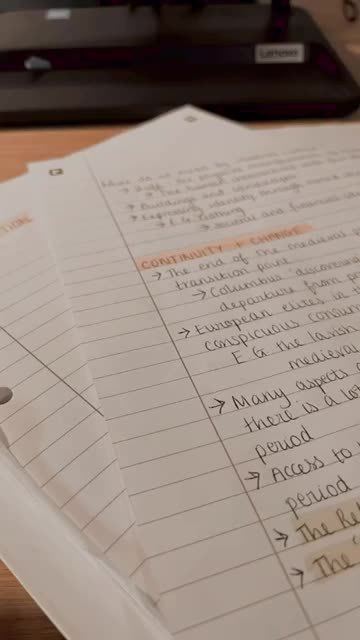

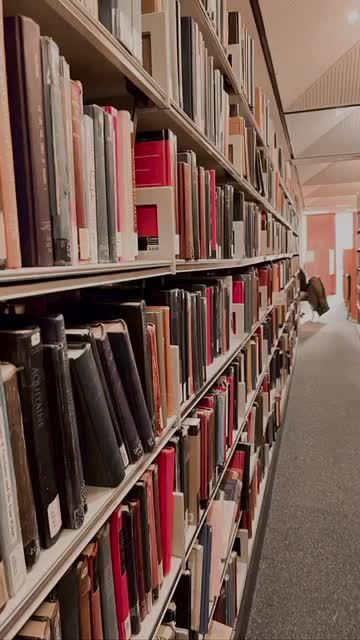
30th january 2023
first day of the new semester
two modules started:
commodities, consumption and connections
archaeological detective
today's soundtrack: painting of a panic attack by frightened rabbit
i am determined to be more productive and study more this semester, one step at a time
#studyblr#study motivation#study aesthetic#studyspo#studying#studyspiration#university#uni#student#aesthetic#motivation#academiclife#academic motivation#academia#archaeology student#college life#college#student aesthetic
26 notes
·
View notes
Text
So I finally turned in my master's thesis. I don't think that the realisation has really settled in yet.
I guess I'll be getting my degree for Christmas this year.
3 notes
·
View notes
Text
What happened in archaeology during the 20th century? - Part 2
As mentioned in the previous article, during the time before 1960 in the 20th century, the focus was on methodological improvements in archaeology. From 1960 on, the focus was on theoretical improvements in archaeology. This does not mean that the 1960s marked a clear line between methodological and theoretical development in archaeology. This means the majority of events and concerns in the discipline were slightly different before and after 1960.
What happened in archaeology after 1960s?
From 1960 on, archaeology transformed into a new version of itself. We refer to it as “New Archaeology”. So, the birth of new archaeology is the main thing that happened in archaeology after 1960.
What is New Archaeology?
In new archaeology, the main focus is on studying the cultural processes of past human societies. As you may remember, in the background era of archaeology, the focus was to discover the legendary cities of the past. In the Renaissance era, the focus was to collect antiquities and study the history of antiquity. Then, in the 19th century, the focus was on studying the history of humans and their culture. Again, in the 20th century before 1960, the focus was the same. Then, only after 1960, scholars started to study how human cultures were born, evolved, and changed.
In simple words, before this new archaeology, what archaeologists studied were random and independent events in the past related to humans. But with new archaeology, they studied how those events in history connected with each other. They studied how both intentional and accidental acts of human ancestors have shaped their culture. How did the things that past humans did as well as the things that happened to past humans shape the cultures of past humans? They examined. So, as archaeologists focused on this process of birth and evolution of cultures, we call this processual archaeology.
Read full article on New Archaeology: Processual Archaeology at kamalsjournal.com
Other than the birth of New Archaeology, there were a few important events and trends that occurred after the 1960s, as listed below:
Scholars like Lewis Binford introduced new theories that resulted the emergence of new archaeology
Gordon Childe had introduced his theory of the Neolithic Revolution, explaining how human ancestors domesticated animals and plants. He said that after the domestication of animals and plants, establishing settlements and making pottery took place in order. Archaeology became the scientific discipline to test these theories.
The extensive use of technology to analyse and interpret data
Studies transformed into problem-oriented studies. Scholars began to conduct studies to find answers to research questions.
The studies focused on providing more rational conclusions than ever.
Archaeologists introduced Rescue archaeology, or salvage archaeology, to save archaeological monuments and sites as warfare and development projects were causing huge destruction to them Soon, Archaeological Impact assessments became a necessity before development projects.
In 1970, scholars introduced cultural resource management to protect valuable archaeological sites and monuments. Then, they introduced archaeological heritage management and cultural heritage management too.
So, the new archaeology is an upgrade of archaeology that emerged in the 1960s with better theories and methods, focusing on studying the cultural processes of the human past through material data.
What Happened in Archaeology After 1980?
After 1980, the new archaeology was questioned, and a new version emerged, named post-processual archaeology. Scholars like Ian Hodder introduced new theories for archaeology. This age was literally a period of theoretical reform in archaeology. In order to understand archaeology in this age, the characteristics of new archaeology and post-processual archaeology can be compared.
The new archaeology focused on quantitative results. Post-processual archaeology focused on qualitative results.
The new archaeology was pessimistic. Post-processual archaeology was optimistic. In new archaeology, it was believed that past human cultures were never able to be reconstructed with the limited data found in archaeology. In post-processual archaeology, the approach was optimistic regarding the matter.
New archaeology focused on the processes that were behind creating antiquities. Post-processual archaeology focuses on the culture behind antiquities.
The new archaeology focused on explaining past landscapes as cultural processes. Post-processual archaeology focuses on cultural or cognitive aspects of past human beings.
New archaeology considered that past incidents happened that way because of external factors such as environmental conditions, and things only changed when the environment changed. But post-processual archaeology considers the choices made by humans in the formation of history.
New archaeology looked into the past from the same point of view as we look into the present. But post-processual archaeology looked at the past from different perspectives.
New archaeology tried to understand the past as patterns of social, economic, and political anomalies, but post-processual archaeology tries to understand the past as a collection of individual anomalies. As an example, in new archaeology, it will be said that the Stone Age is followed by the Bronze Age, and the Bronze Age is followed by the Iron Age as a pattern, with some minor exceptions, due to the nature of the impact from the environment. But, in post-processual archaeology, it will be specific with the place and time where and when the Stone Age was followed by which, either bronze, copper, or iron, considering the individuality of incidents and trends that occurred in the history of mankind due to the cognition of mankind, not the environment.
Read full article on Post-Processual Archaeology at kamalsjournal.com
Summary
As discussed above, the discipline of archaeology, which had already emerged in the 19th century, was developed further as a science in the 20th century. In the first six decades of the 20th century, the use of technology extensively developed archaeology as a science in practical ways, such as chemical dating methods.
Then, in the 1960s, the theoretical evolution of archaeology took place. Rather than explaining the story behind antiquities, the past human cultural process was studied with the use of antiquities, marking the first origin of the form of archaeology we have today, which is ‘studying through material data’. And also, archaeological heritage management was introduced to have standards for dealing with archaeologically important heritage.
Then, in the 1980s, with post-processual archaeology, the approach to archaeological studies changed. Earlier, mankind’s cognition was neglected when recreating the past through material remains. There, the environment was considered the force of evolution. Simply put, it said that human culture had changed due to environmental changes. But, in post-processual archaeology, it was said that human culture changed mainly due to the intelligence humans had. As humans, we could choose whatever we wanted with our intelligence. Further, it emphasised that the past is not a pattern but a collection of various occurrences that happened at various times and in various places individually.
As of today, the archaeology we refer to is this post-processual archaeology. So, this is the long process of the origin of archaeology. However, there is an ongoing, never-ending debate about processual archaeology vs. post-processual archaeology.
At this point, if you read all seven articles, I am sure you probably get the same image in your head as I do when I hear “History of Archaeology”. And now, most probably, you have your own idea of the origin of archaeology too.
#archaeoblr#archaeology#archaeologist#archaeology for all#archaeology student#origin of archaeology#history of archaeology#20th century archaeology#archaeology in the 20th century#archaeology in the 60s#archaeology in the 80s#new archaeology#processual archaeology#post-processual archaeology#kamalsjournal#chanakakamal#empowering curiosity#inspiring understanding#sharing knowledge#academic blog
2 notes
·
View notes
Text
no.1 thing about archaeology is lack of actual digging and finding. me n my pals spend 99% of our time sitting around hoping and begging we might be allowed by someone to shove our hands in the ground like sick little mole people. please oh please sir I spent so much money on this trowel please notice me smh
#irish archaeology#archaeology#archaeology student#archaeologist#archaeology ireland#archaeologists#irish history
19 notes
·
View notes
Text


02.28.2023
pictured: studying by candlelight
#studyblr#study#studyspo#studyblr community#studyspiration#anthropology studyblr#samanthastudies#study motivation#academia#geography studyblr#study blog#archaeology studyblr#student#study aesthetic#anthropology student#archaeology#archaeology student
774 notes
·
View notes
Text
I have so many regrets not working on this coursework piece over the five weeks of digging at the end of last year. I'm having to guess stuff that happened over two and a half months back so that I can be graded on it.
#hepbaestus thoughts#hepbaestus at uni#university stuff#university life#uni#university student#uni student#if only i had taken my lecturer's advice and worked on the piece over the five weeks it would have not taken long at all#archaeology student#anthropology student#archaeology and anthropology student
2 notes
·
View notes
Text


some animal bones from today! we've just begun removing the upper layer of vegetation here but we know this entire area is filled with fun stuff waiting for us ⭐✨
#the first day has already been so much fun#archaeology#archeology#archaeology student#arkeologi#will not be showing peoples faces or tell everyone where this is because of privacy lol#mutuals can know because you're cool 😎<3
32 notes
·
View notes
Text
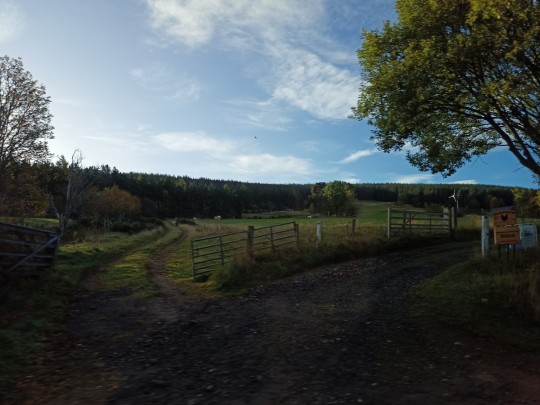
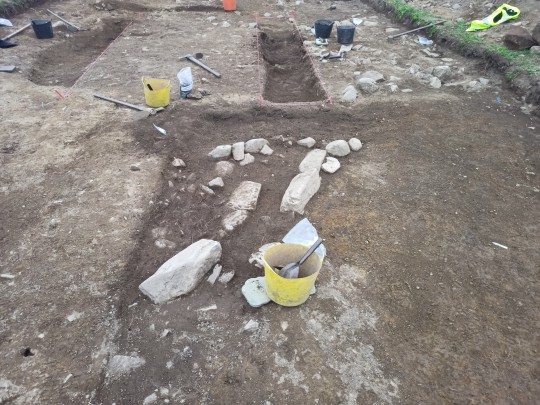


dirt
#photography#ghar speaks#fieldwork#archaeology student#exacavation#i miss this dig rn#she was so lovely and quiet
10 notes
·
View notes
Text


July 20, 2022
I started reading a cool article, but there are a lot of references I'll have to look for. My desk is kinda messy but I like it. I also played Stardew Valley (it's the best game ever).
- Left : page of handwritten notes, with a pen and a ruler besides
- Right : messy desk with my notes, my computer, Nintendo switch, bookmarks, playing cards, and yarn
#studyblr#studying#university#university student#student#dark academia#archaeology#greek architecture#greek archaeology#archaeology student
12 notes
·
View notes
Text
Anyone else too tired after a whole academic year to pack for the fieldwork and kinda not mentally prepared for leaving loved ones for so many weeks or just meeee
5 notes
·
View notes
Text
sitting alone by a candle light and studying shielmann's work! mMmmm 16 yo me would be so proud of my loser self rn
#archaeology#classics major#academia#ancient greece#shielmann#why isn't that a tag#archaeology student
4 notes
·
View notes